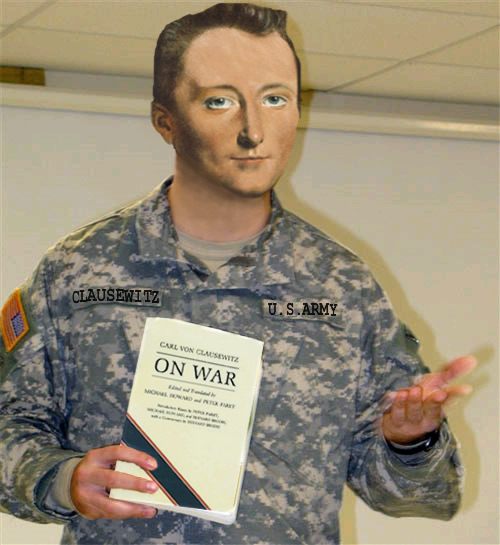The probing of the theorist of the moral pretension of the national interest puts him in an awkard position by making him suspect of being indifferent to all truth and morality. This is why there are so many ideologies and so few theories.
Hans Joachim Morgenthau, 1962
The first chapter of Book 2 has some interesting points which lead to a fuller understanding of Clausewitz’s intent and the various falacies that he sees associated with theory. I will comment on four points, but this is not meant to indicate that there are not others present in this chapter.
